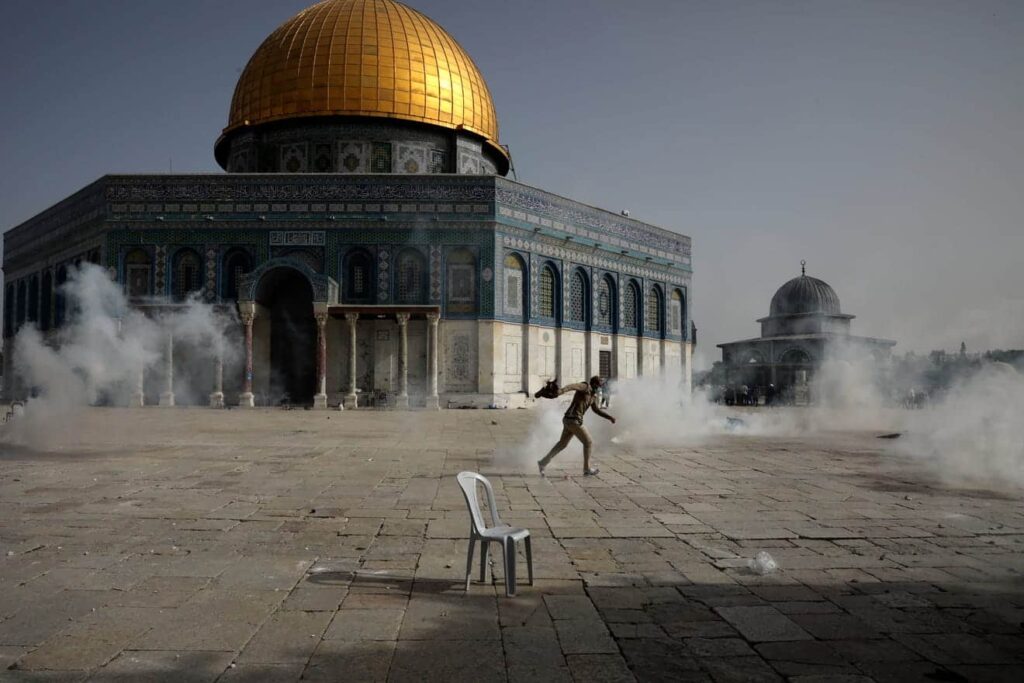Aqsa Flood Reveals Israel’s True Face to the World

Introduction
The conflict between Israel and Palestine has long been one of the most contentious and complex geopolitical issues. However, the recent event, known as the “Aqsa Flood,” has brought a new wave of attention to the situation, shedding light on the true face of Israel’s policies and actions. This event not only sparked international outrage but also forced the global community to reassess its stance on the Israel-Palestine conflict. In this article, we will delve into the causes of the Aqsa Flood, the humanitarian impact, and the shifting global opinion toward Israel.
Historical Context of the Conflict
To fully understand the Aqsa Flood, it’s essential to revisit the deep-rooted history of the Israel-Palestine conflict.
Israel’s Occupation of Palestine
For decades, Israel has maintained an occupation of Palestinian territories, leading to ongoing disputes and violence. The occupation has led to significant suffering for the Palestinian people, with their rights being systematically violated. From the establishment of settlements in the West Bank to the imposition of blockades on Gaza, Israel’s actions have been a source of international concern and outrage.
The Role of Al-Aqsa Mosque
Al-Aqsa Mosque holds a central role in this conflict. As the third holiest site in Islam, it is a symbol of religious and national identity for Palestinians. Israel’s repeated incursions into the mosque compound, especially during times of heightened tension, have been a flashpoint for violence, sparking protests and clashes that often escalate into larger conflicts.
What Sparked the ‘Aqsa Flood’?
The Aqsa Flood was not an isolated incident but rather the result of years of growing tension. Several key factors led to the outbreak of this event, including continued Israeli settlement expansion, raids on Palestinian communities, and provocations at Al-Aqsa Mosque itself.
Escalation of Violence
The immediate lead-up to the Aqsa Flood saw a significant rise in violence, with Israeli forces conducting raids in Palestinian neighborhoods and settlers attacking Palestinian civilians. These actions, coupled with the increasingly aggressive stance of the Israeli government, led to widespread protests that were met with brutal force.
International Reaction
The international community was quick to respond to the Aqsa Flood, with many countries condemning Israel’s actions. However, the reactions were mixed, with some Western nations expressing support for Israel’s right to defend itself, while others called for restraint and criticized the disproportionate use of force against civilians.
Media Coverage of the Aqsa Flood
The media plays a crucial role in shaping public perception of conflicts, and the Aqsa Flood was no exception.
Western Media Bias
In many Western countries, the coverage of the Aqsa Flood was heavily skewed in favor of Israel. News outlets often framed the conflict in a way that justified Israeli actions, portraying them as defensive measures against Palestinian aggression. This bias has long been a point of contention, as it tends to ignore or downplay the plight of Palestinians.
Social Media and Ground Reports
On the other hand, social media platforms provided a more unfiltered view of the situation, with activists and journalists on the ground sharing real-time footage of the violence and destruction. This grassroots reporting offered a stark contrast to the sanitized version presented by mainstream media, helping to amplify the voices of those affected by the conflict.
Humanitarian Impact of the Conflict
The Aqsa Flood has had devastating consequences for the people of Palestine, particularly in terms of human suffering and displacement.
Loss of Lives and Destruction
As with previous escalations, the Aqsa Flood resulted in a significant loss of life. Civilians, including women and children, bore the brunt of the violence, with homes, schools, and hospitals destroyed in airstrikes and military operations. The destruction not only claimed lives but also left thousands of people homeless and without access to basic services.
Displacement of Palestinians
The conflict has led to the displacement of thousands of Palestinians, many of whom have been forced to flee their homes under the threat of violence. The refugee crisis is only worsening, with families struggling to find safety and stability amid the ongoing turmoil.
Israel’s True Face: International Criticism
In the wake of the Aqsa Flood, Israel’s actions have come under intense scrutiny from the global community.
Calls for Justice and Accountability
Human rights organizations and international bodies have called for investigations into Israel’s actions, with many accusing the state of committing war crimes and violations of international law. These calls for justice are growing louder, as more evidence of atrocities comes to light.
Shifting Global Perspectives
Public opinion is also shifting, particularly in countries where support for Israel has historically been strong. Increasingly, people are recognizing the injustices faced by Palestinians and are calling for a more balanced and fair approach to the conflict.
The Role of Human Rights Organizations
Human rights organizations have been at the forefront of documenting the atrocities committed during the Aqsa Flood and advocating for justice.
Reports of Human Rights Violations
Organizations such as Amnesty International and Human Rights Watch have published reports detailing the human rights abuses carried out by Israeli forces during the Aqsa Flood. These reports highlight the indiscriminate targeting of civilians, the destruction of essential infrastructure, and the widespread use of excessive force.
International Calls for Ceasefire
Amid the violence, there have been numerous calls for a ceasefire from the international community. Human rights organizations have urged both sides to come to the negotiating table and put an end to the violence, but so far, a lasting solution remains elusive.
Conclusion
The Aqsa Flood has exposed Israel’s true face to the world, revealing the extent of its oppressive policies toward the Palestinian people. This event has forced many to reevaluate their stance on the Israel-Palestine conflict, as the human toll continues to mount. The global community must now confront the reality of the situation and work toward a just and lasting solution that ensures the rights and dignity of all people involved.



